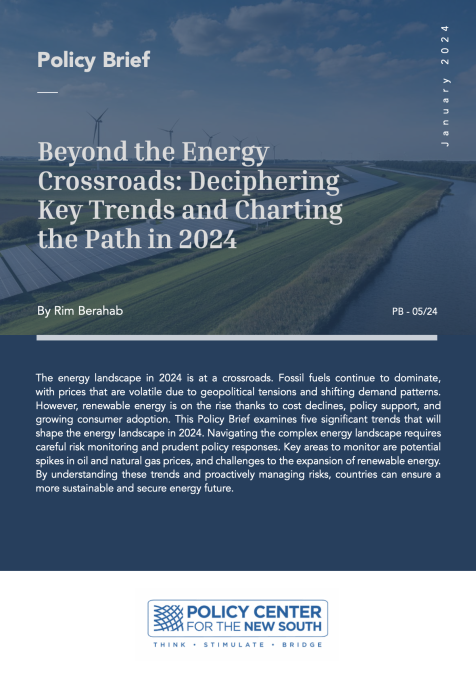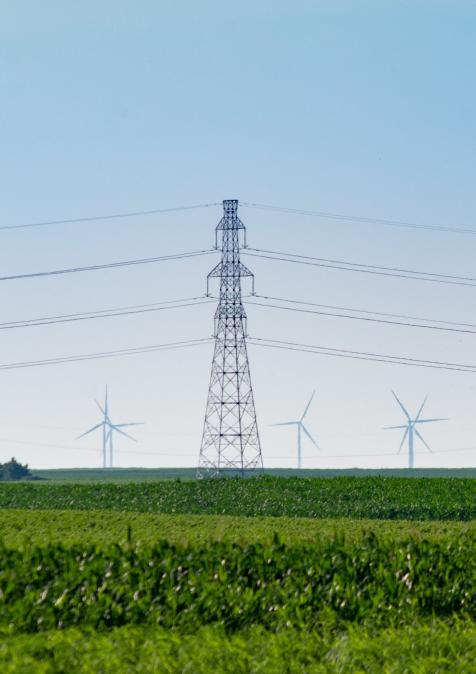Japan's Leadership in Global Earthquake Response: Focusing on Collective Discipline and Preparedness
January 12, 2024
As discussed in the previous episode of this series, Japan has a lot to teach the rest of the world in terms of response to earthquakes. Understanding how collective discipline and preparedness irrigate the Japanese society is key to draw the necessary lessons from Japan’s experience. In this interviews, our Senior Fellows, El Mostafa Rezrazi and Matsumoto Shoji discuss some contours of Japanese ‘permanent readiness’ to natural disasters, and how they are institutionalized, are prospected.







